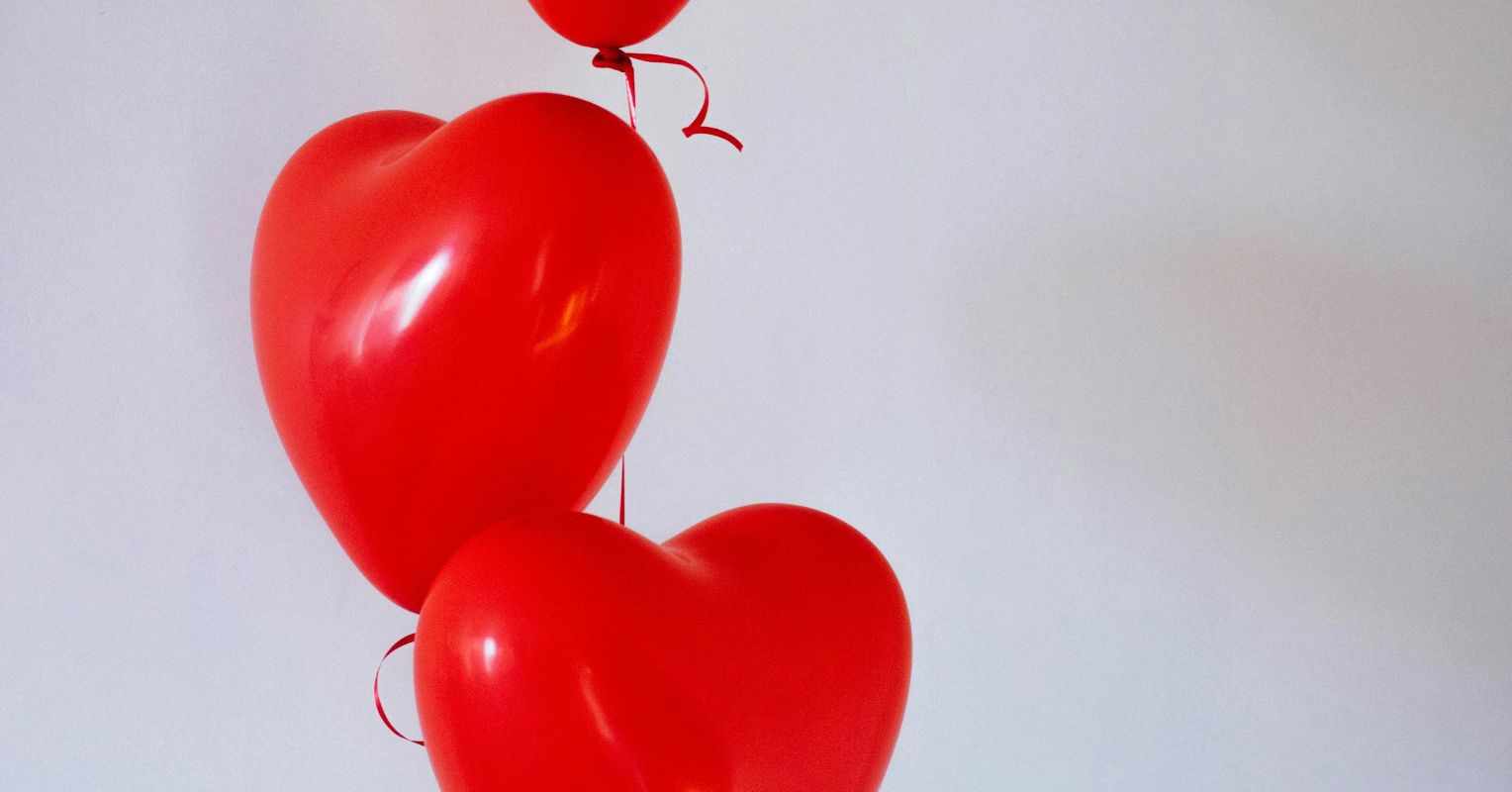
Hearts don’t break—they stretch. They stretch to make room for new love, corrective love, with new insights and new ways of being. The pain you feel is not a sign of weakness; it’s a signal that you’re in the process of expanding your capacity to love and live more authentically and connected to self.
Breakups force you to shed the old—old habits, old stories, and old patterns. They dismantle the false beliefs you clung to, like the idea that someone else can complete you or that love requires you to lose yourself. What’s left after the rupture? A clearer, sharper version of you, one that’s ready to rebuild—not from desperation, but from intention.
There’s a Reason You Feel Stuck
Not all breakups are created equal. Some are clean breaks; others are more like tangled webs. Maybe you’re reeling from betrayal, blindsided by someone who left without warning, or haunted by an “almost relationship” that ended before it even began. Each type of breakup leaves behind its own unique residue, its own lessons, and its own opportunities for growth.
The truth is, many of us never fully process our breakups. We move on, but we don’t move through. We carry the unresolved pain into our next relationship, letting it fester and color our ability to connect. We let the past become the lens through which we view the present.
But it doesn’t have to be this way. You don’t have to let an old relationship hold you hostage. By examining what really happened, what role you played, and what you’ve learned—you can break free.
Turning Breakups Into Breakthroughs
A breakup isn’t just an ending—it’s an opportunity for reinvention. It’s a chance to pause, take stock, and ask yourself the hard questions:
- Who am I without this relationship? Breakups strip away the roles we play in relationships, leaving us face-to-face with ourselves. This question—”Who am I without this relationship?”—isn’t just about discovering what’s left when the partnership ends; it’s about rediscovering parts of yourself that may have been forgotten, ignored, or sacrificed.
- What patterns am I ready to break? Breakups are an opportunity to step back and examine the recurring themes in your relationships. Do you lose yourself in your partner’s needs? Do you avoid confrontation? Do you attract people who don’t match your values? Recognizing these patterns is the first step to breaking them.
- How do I want to show up in love and life moving forward? This is where transformation takes root. Breakups don’t just give you an opportunity to look back; they offer a blank slate to decide how you want to show up in the future. How do you want to love differently? How do you want to live more fully?
By processing and answering these questions, you can begin to tip, because you will stop blaming, stop numbing, and create space for something profound: transformation. The pain of a breakup is undeniable, but so is its potential to reshape your life into something more authentic and aligned with who you are.
Transformation isn’t about rushing to “move on” or find someone new. It’s about breaking the old molds, building new ones, and showing up for yourself in ways you never have before. By reclaiming your identity, addressing your patterns, and defining how you want to move forward, you turn heartbreak into a breakthrough.
And that’s the beauty of it: You’re not just recovering from the loss of a relationship. You’re discovering who you’re meant to become.
I wrote Break Up On Purpose because I’ve been there. I’ve felt the crushing weight of heartbreak, the nights when the silence is so loud it feels unbearable, the temptation to drown the pain in distractions. But I’ve also experienced what’s on the other side—a life that’s richer, fuller, and truer because I dared to do the work.
This book isn’t about getting over your ex. It’s about getting into yourself. It’s a roadmap for turning heartbreak into a healing journey that doesn’t just change how you love—it changes who you are. Inside, you’ll find client stories that will make you feel less alone, practical steps tailored to the type of breakup you’re navigating, and the tools to rebuild not just your life, but your sense of self.
